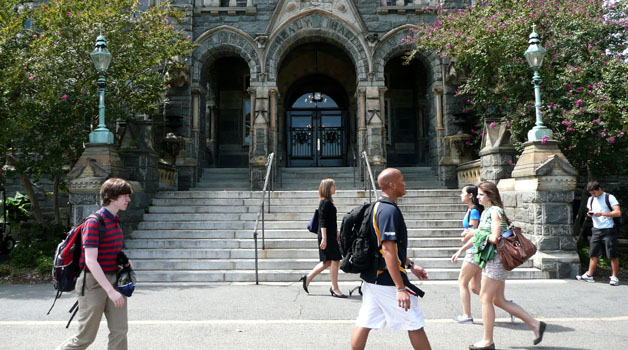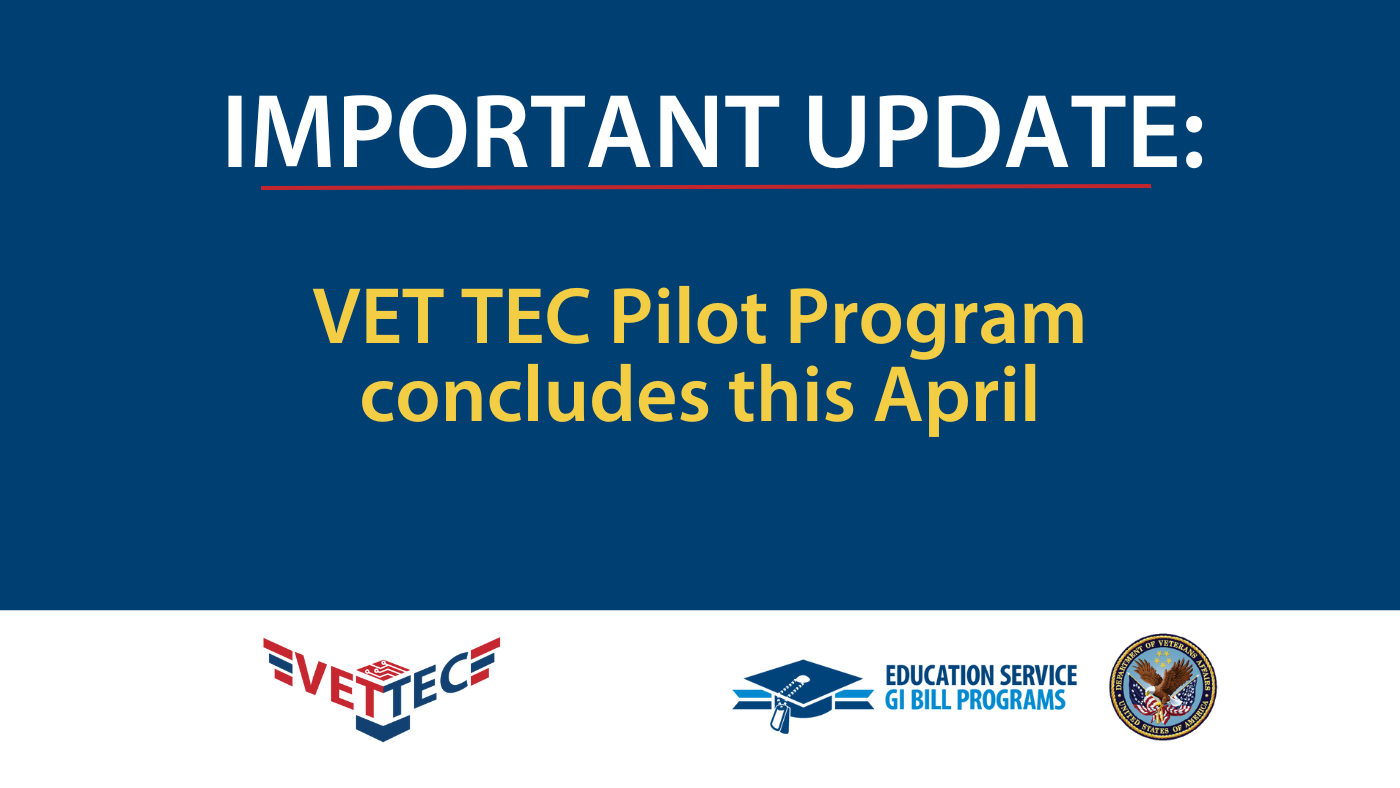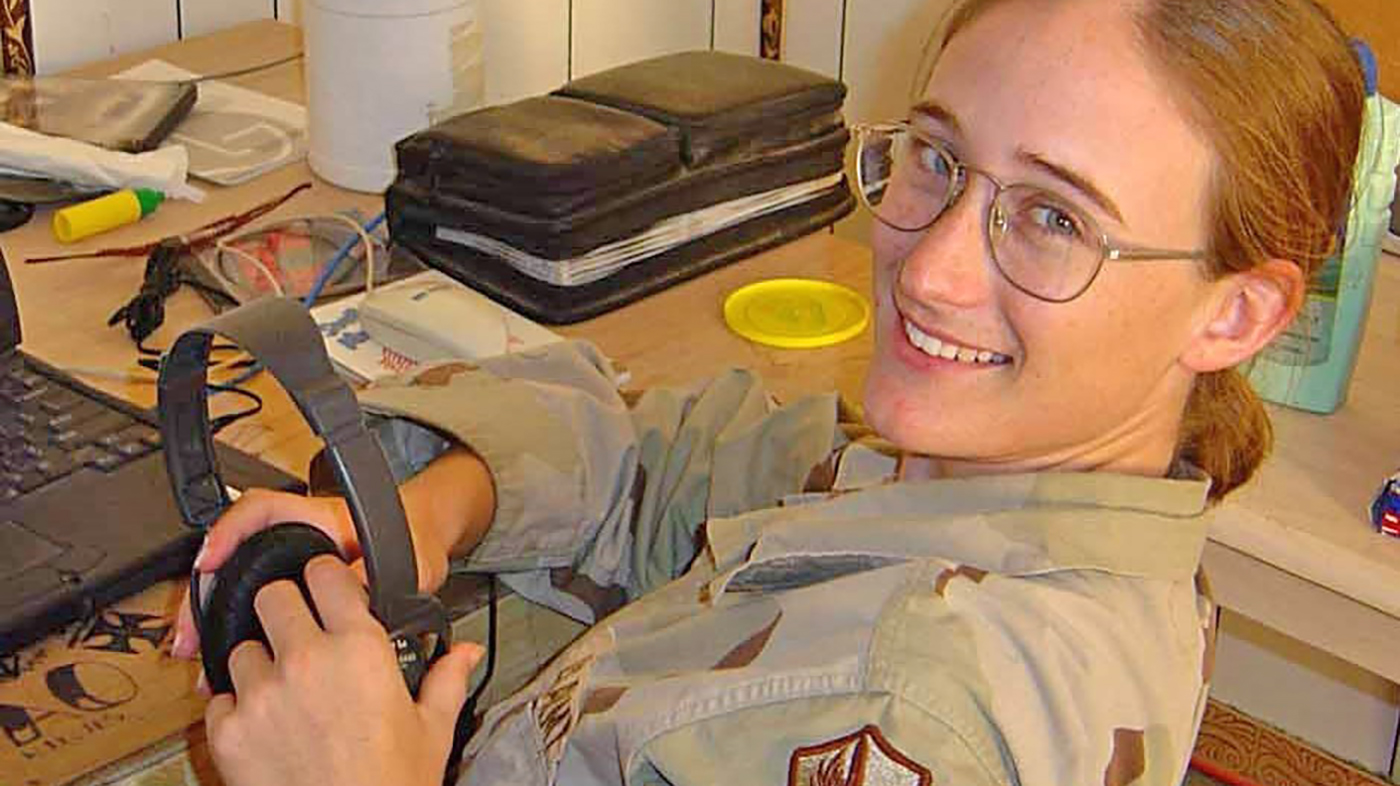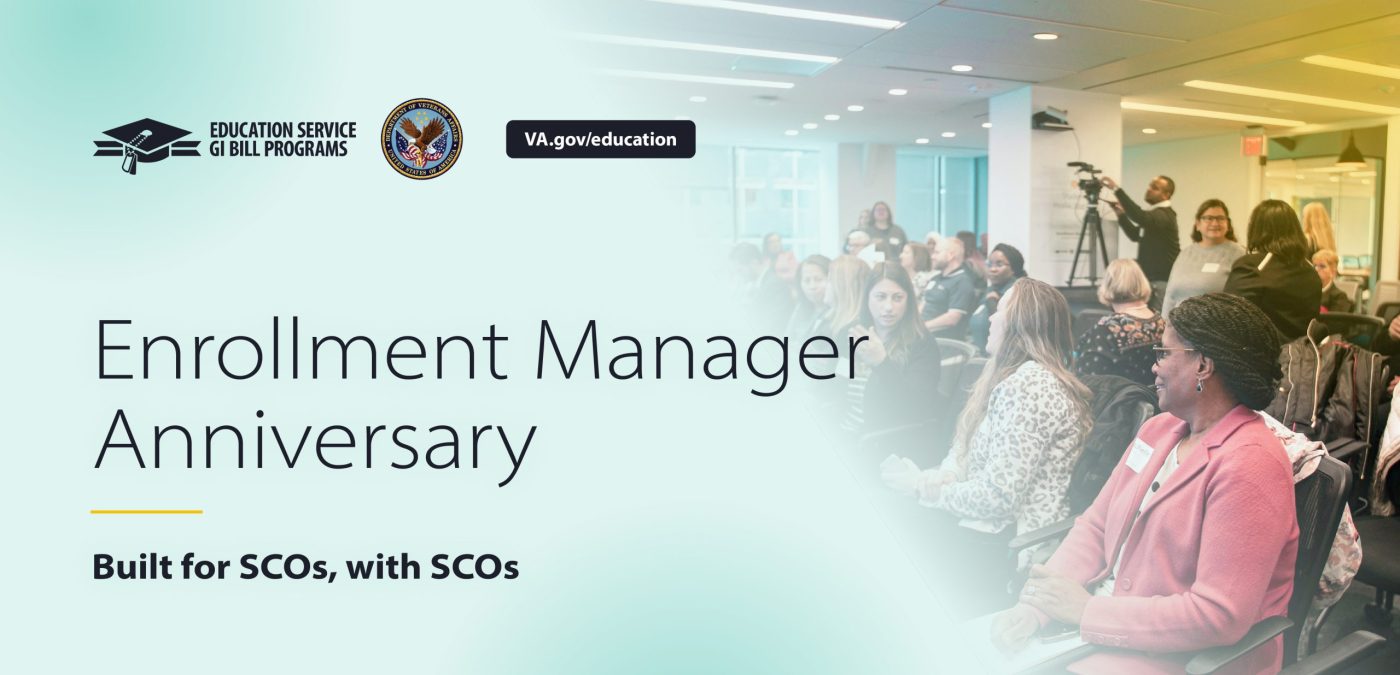Today in Ann Arbor, Michigan, representatives from more than 40 colleges and universities have come together to learn ways to support student Veterans that face two significant changes simultaneously: transitioning from the military to civilian life and the transition from the military to academia. Neither of these is easy and both are often complicated by a reluctance to ask for help.
This was the rationale behind the development of Peer Advisors for Veteran Education (PAVE), a peer-to-peer program developed at the University of Michigan Health System. PAVE links trained student Veterans at participating schools with incoming student Veterans to create a campus community where support and resources can be easily accessed. The group assembled in Ann Arbor will receive PAVE training that covers a variety of topics, including effective outreach, communications skills, warm handoffs to resources, healthy boundaries and self-care, and strategies for program sustainability. PAVE also shares best practices for engaging student Veterans and collaborating with relevant campus departments.
PAVE began as a partnership between University of Michigan Health System and Student Veterans of America. To date, the program has been fully implemented on 12 and will be expanding to 30 additional sites over the next year. Plans are already underway for a full national roll-out.
PAVE is proud to recognize VA as one of its new strategic partners. Through this new relationship, VA can work with PAVE to align VA outreach efforts on campuses in order to provide as many avenues of support for student Veterans. This partnership is exciting on a national level because of the opportunity to collaboratively address gaps in services; and on a local and community level, because it increases awareness of and access to VA resources.
For a historical context, the 1944 passage of the Montgomery Bill led to a large increase in the number of student Veterans on campuses across the country. In 2009, creation of the Post-9/11 GI Bill resulted in another significant growth period, with more than 1 million people taking advantage of the bill during its first four years. By 2020, an estimated 5 million people will be classified as Post-9/11 Veterans further increasing the potential use of these benefits.
We here at the PAVE Program are dedicated to creating communities of support for our student Veterans. Just as returning Veterans from the “Greatest Generation” on the original GI Bill shaped the future of the country and the world, we look forward to similarly impressive contributions from this generation of student Veterans. These Veterans have admirably served us. We need to continue, through programs on our campuses and elsewhere, to serve them.
To learn more about PAVE, please visit http://paveoncampus.org/ and view the message below from Matt Collier, VA’s Senior Advisor to the Secretary on Strategic Partnerships.

Topics in this story
More Stories
Over the five-year program, more than 14,000 VET TEC beneficiaries completed their program and nearly half have reported finding meaningful employment with an average starting annual salary of $65,000.
March is Women’s History Month, a time to celebrate and […]
It’s been one year since Enrollment Manager became available to […]







I recently retired from the VA as a Readjustment Counseling Therapist. The reason I retired was as a Licensed Marriage and Family Therapist working at a Pacific Region Vet Center, I was precluded from promoting into a clinical associate director position because the college I graduated from way back in 1995 was not COAMFTE credentialed, despite the fact that I have been licensed in CA since 2000, have received the highest ratings consistently for past three years. I was qualified to give Congressional testimony, alongside Elizabeth Freeman, but not qualified to take a low level management position in a Regional program I loved very much. This arbitrary requirement freezes otherwise highly qualified MFTs from acquiring permanent positions or promotion. It also effectively bars from employment nearly 95% of LMFTs in California which has one of the most difficult licensing processes in the nation. Against AAMFT’s recommendation to not inhibit MFTs that have already been licensed, the VHA ignored their advice and ruled that the COAMFTE credential would be required. It would cost me nearly $65K to meet this requirement and another two years of graduate school which at 63 is not very practical.
After 23 years in the US Marine Corps and in leadership positions, I have seen my fair share of stupid. This has to be rated among the most assinine and potentially bigoted decisions I’ve come across.